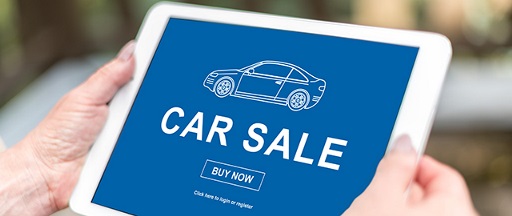A Health Savings Account (HSA) is a tax-deferred/tax-free account to save and use toward qualified medical and dental expenses.
To contribute to an HSA, you must be enrolled in an eligible High-Deductible Health Plan. Here are some benefits:

An HSA Pays Dividends
- No minimum deposit or balance required to earn dividends
- Competitive monthly dividends

No Fees and Free Checks
- No account fees
- Balances roll over from year to year
- Easy access with a Visa Debit Card and the option to include free checks

Investment Options
Estimate Your Rewards
Learn more about the importance of investing in an HSA.
HSA FAQs
How can I qualify for an HSA?
- You must be 18 years or older.
- You must be a Consumers Credit Union member with a minimum $5 balance in your personal savings account.
- You must be enrolled in a high-deductible health plan (HDHP) and not covered by another general coverage medical plan or Medicare.
- Individual coverage
- Minimum annual deductible of $1,700
- Annual out-of-pocket expenses (deductibles, co-payments, but not premiums) cannot exceed $8,500
- Family coverage
- Minimum annual deductible of $3,400
- Annual out-of-pocket expenses (deductibles, co-payments, but not premiums) cannot exceed $17,000
- These limits are in accordance with the IRS guidelines for minimum deductible and maximum out-of-pocket expenses.
How many HSAs can I have?
You can have as many as you'd like, as long as the annual contribution limit in all your accounts doesn’t exceed the annual contribution limits the IRS sets.
Are there other options for investing my HSA funds?
How do I use my HSA Visa debit card?
You can use your HSA card as a debit card with your PIN, so you can sign for your qualified medical expenses like a credit card, and the card will work at ATM machines. You can make balance inquiries and deposits to your account like any other savings account — just remember, per IRS guidelines, this account can only be used for qualified medical expenses.
What are the 2026 contribution limits for an HSA?
- All HSA holders can save up to $4,400 for an individual and $8,750 for a family.
- If you're an HSA holder who is 55 years old or older, you'll get to save an extra $1,000, which means $5,400 for an individual and $9,750 for a family.

Consumers Have Lost Millions to Rental Scams
People 18-29 were three times more likely to report losing money to a rental scam than other adults.

Your 2026 Credit Score Playbook
Learn how credit score calculations are changing and what you can do about it.

The Anti-Resolution Guide to Growing Your Savings
If your New Year's resolutions include “better budgeting,” you’re not alone. Here are several tips to help you save money and accomplish that goal.
